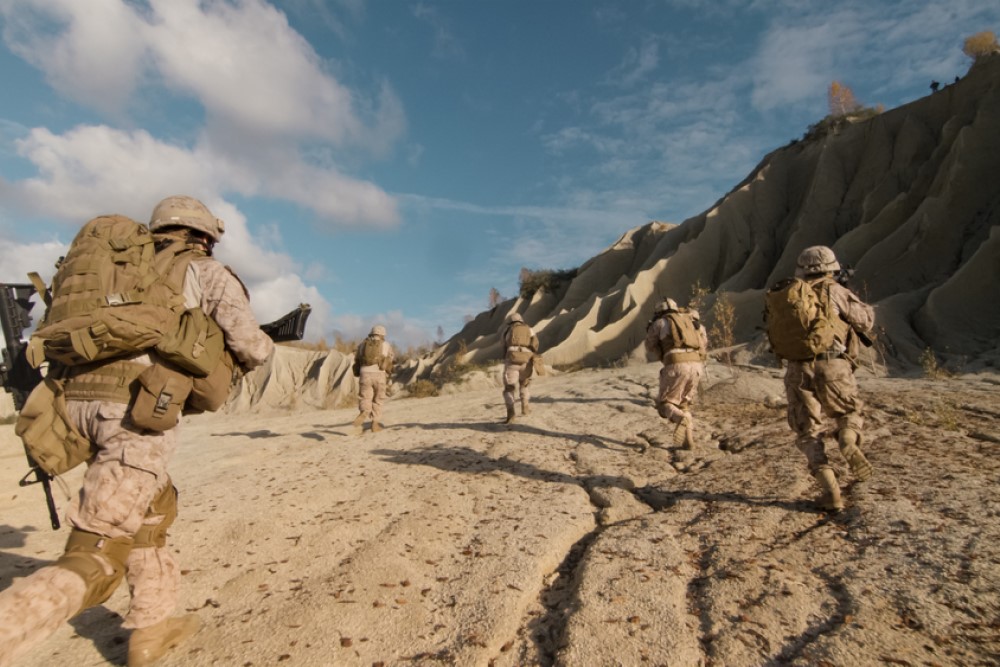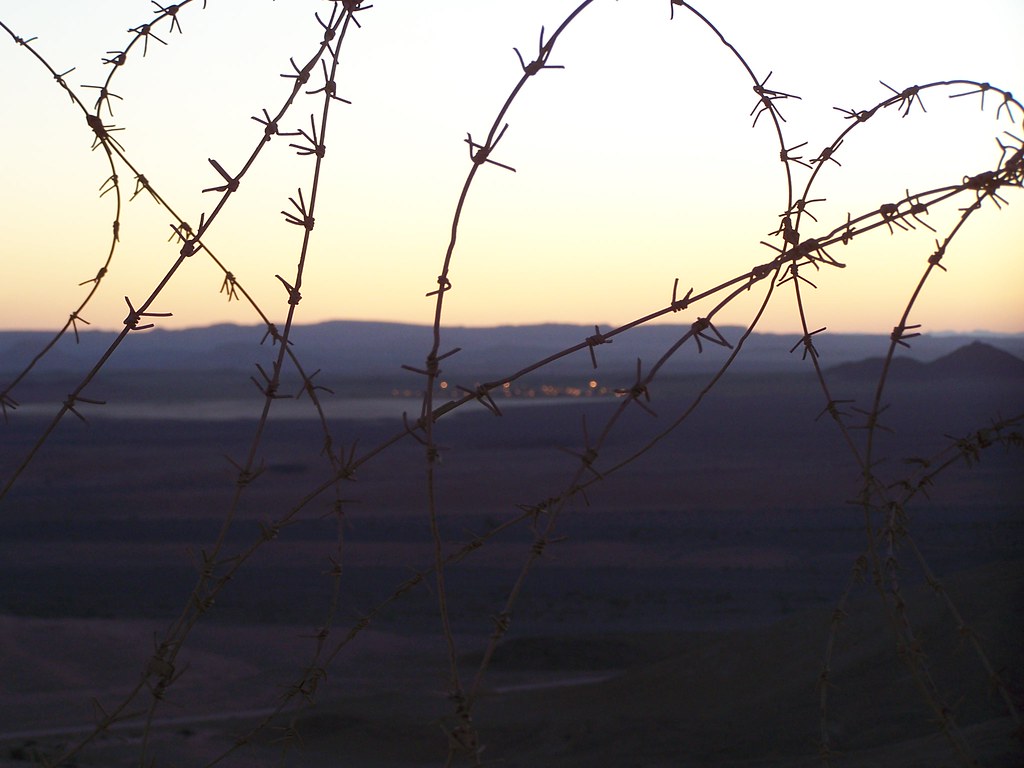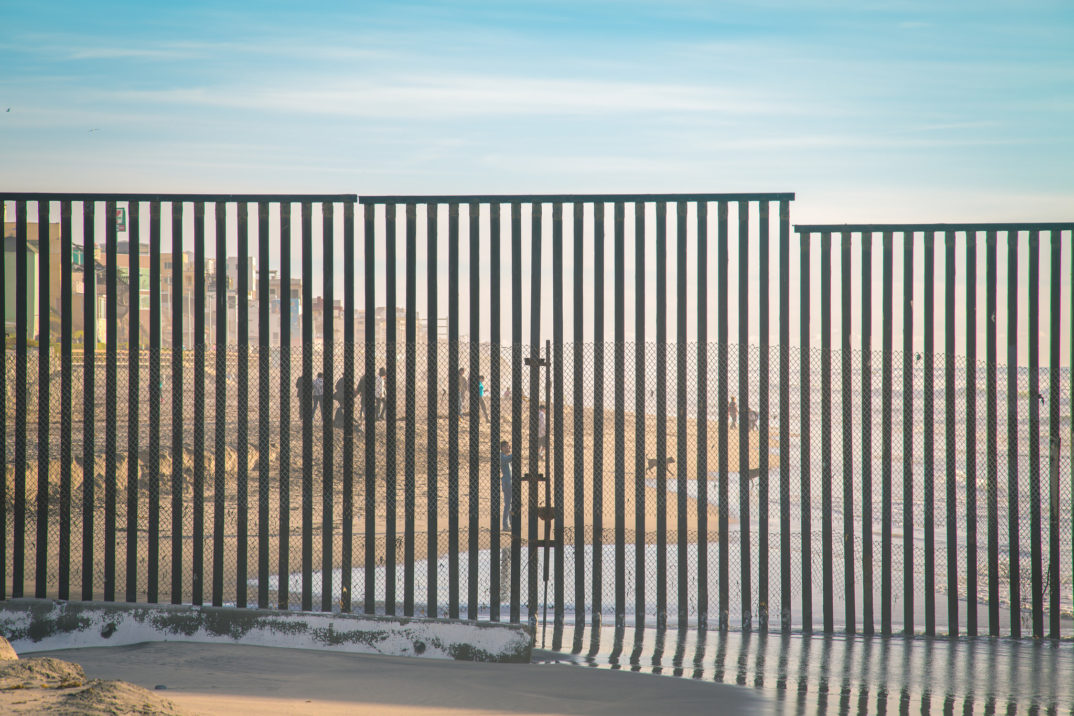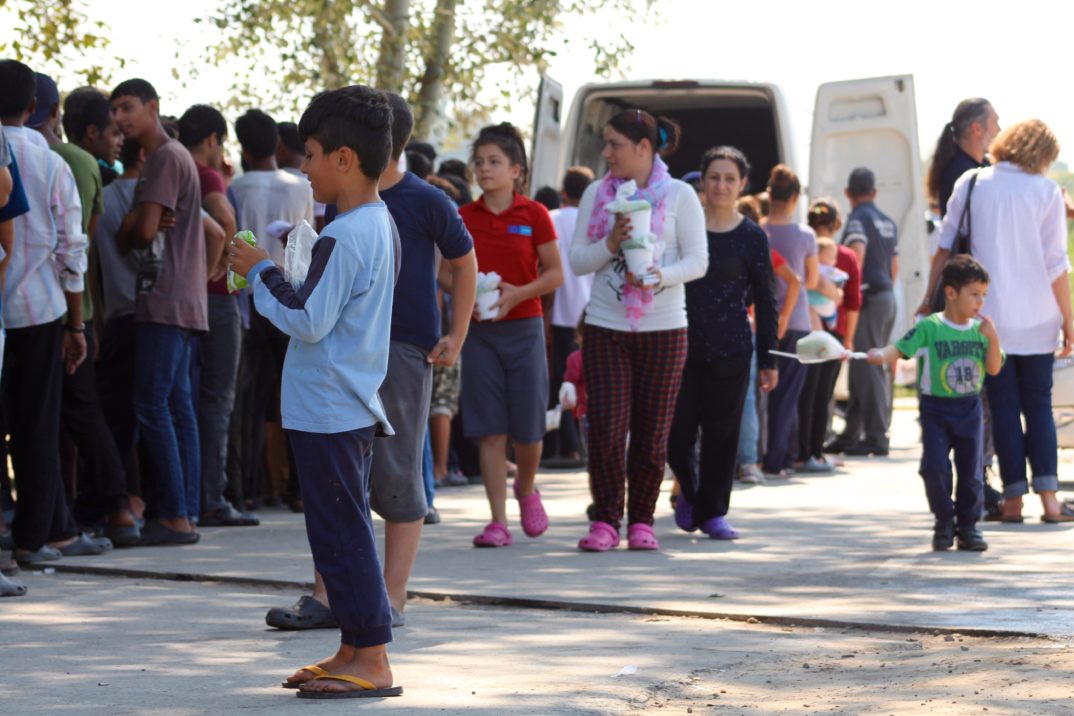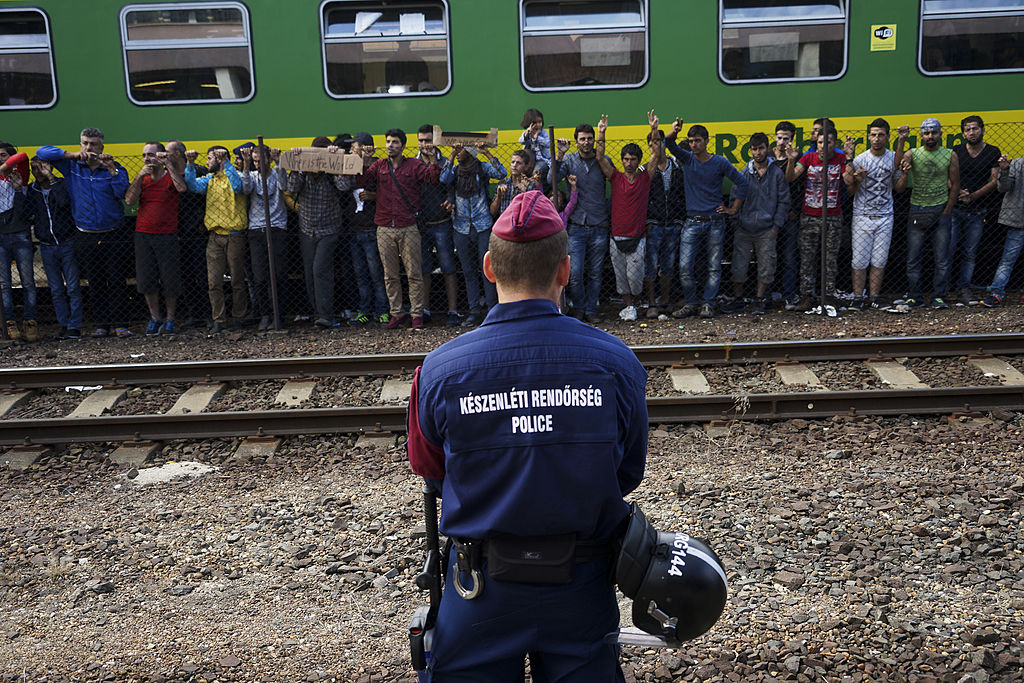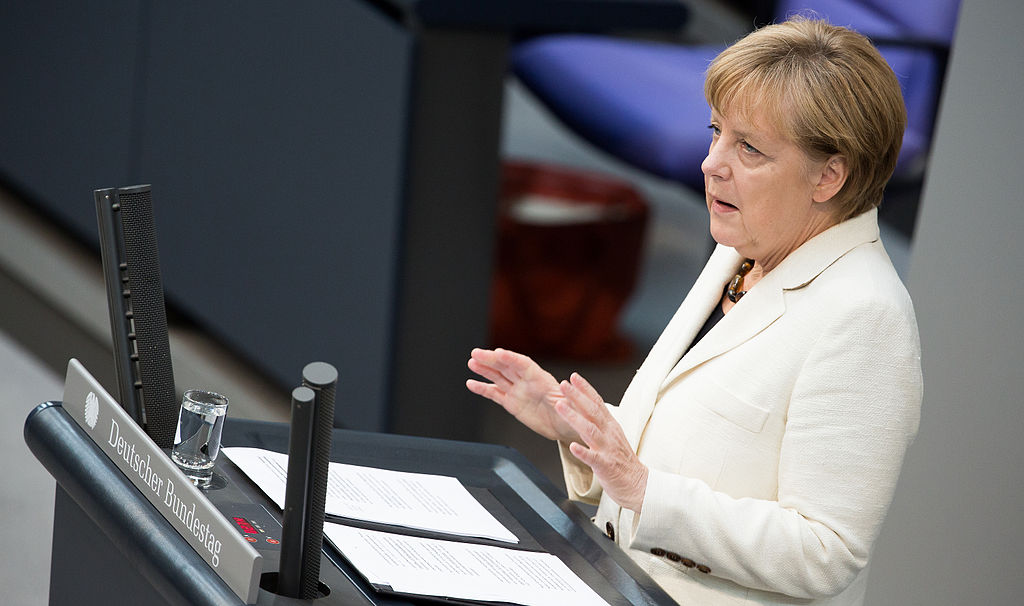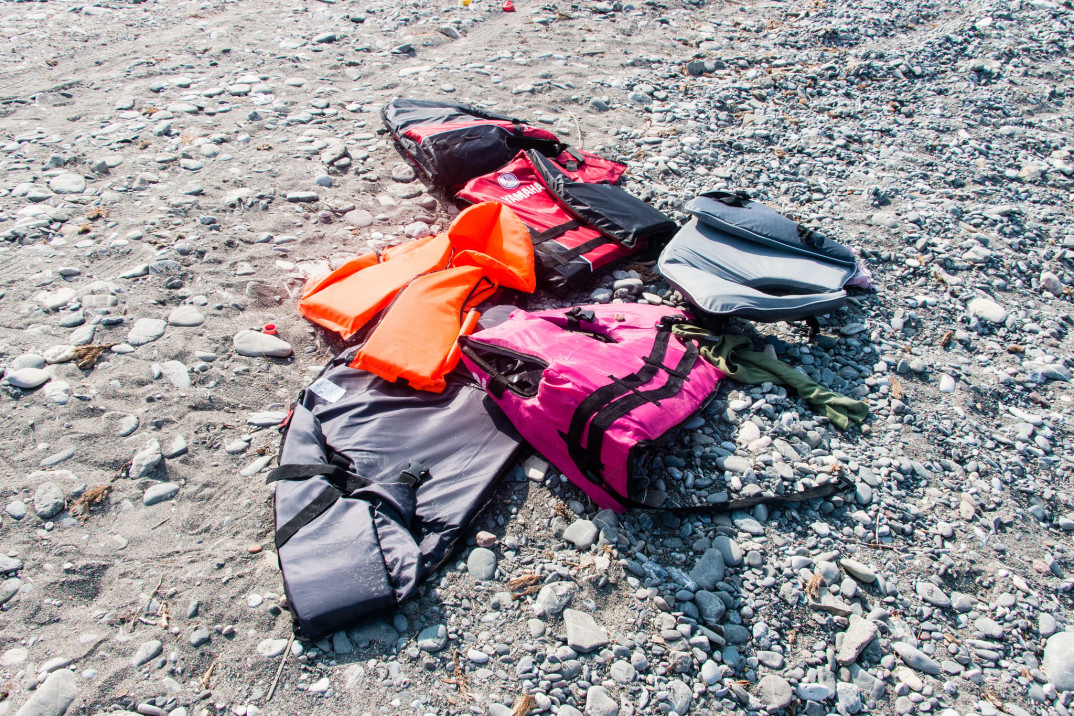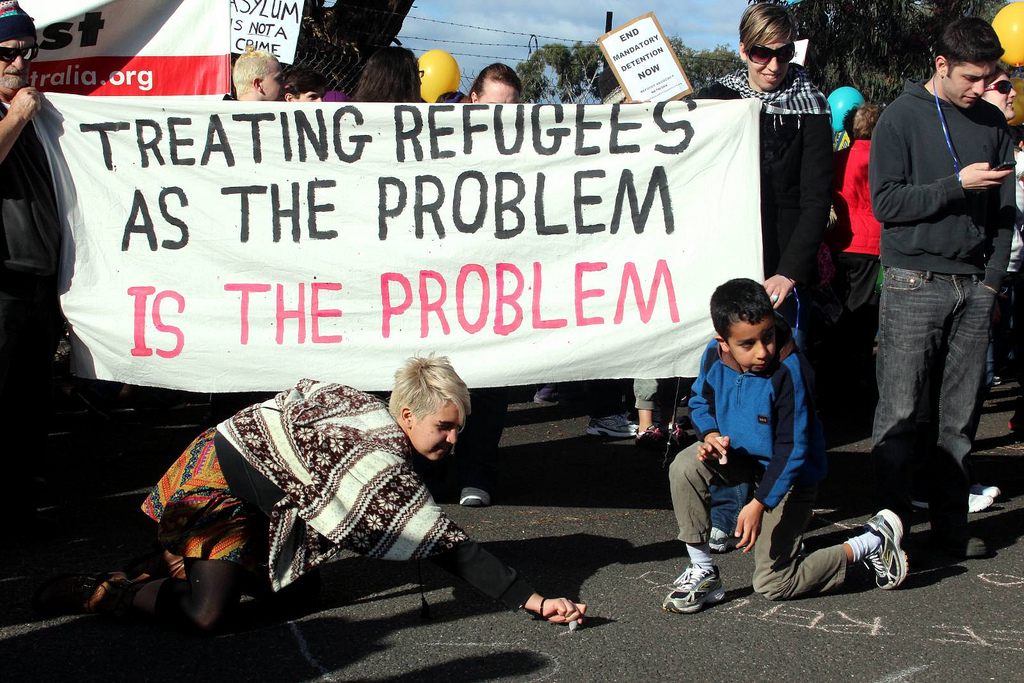For the past several days, the world has waited with bated breath to hear the fate of the occupants of the OceanGate submersible Titan. Launched on Sunday June 18th, the sub was intended to take Stockton Rush – CEO of OceanGate – and four passengers on a 10.5 hour voyage to the wreckage of the Titanic. Instead, communication was lost with Titan less than two hours into the voyage. When the sub failed to surface as scheduled, a massive search and rescue effort was initiated.
Among those searching were numerous ships and two C-130 Hercules aircraft from the U.S. Coast Guard as well as additional support from the 106th Rescue Wing of the New York National Guard. The Canadian Navy has dedicated the HMCS Glace Bay, while the Canadian Coast Guard has provided the John Cabot, with two additional ships – the Ann Harvey and the Terry Fox – en route. These were joined by Canadian P-3 Orion and P-8 Poseidon aircraft and the Motor Vessel Horizon Arctic. Two commercial vessels – the Skandi Vinland and the Atlantic Merlin – also joined the search, while France has sent L’Atalante.
This lengthy roster of responders seems understandable – especially given the 96-hour oxygen limit onboard the Titan. Some have, however, raised concerns about the resources allocated to find the occupants of the sub, especially in light of similar crises occurring elsewhere.
Just four days before the launch of Titan, a fishing boat carrying 500 refugees from Pakistan, Egypt, Syria and Israel/Palestine capsized off the coast of Greece. Rescuers managed to save 104 passengers – and recover an additional 79 bodies – but more than 300 passengers are still unaccounted for. Greek authorities have since been criticized for failing to render adequate aid to the migrants during the disaster. At the very least, the international response to this disaster (the mitigation of which would have used similar resources to those mobilized in the search for the Titan) was minimal, as was media coverage of the tragedy.
The comparison of these two cases raises an important question: how do we decide the appropriate level of resources to allocate in a rescue scenario?
The answer to this question is not an easy one, and requires care and sensitivity – especially in light of the details surrounding the Titan’s implosion. Of course, the obvious answer might seem to be that the inherent value of a human life justifies allocating whatever resources necessary to save that life. But here’s the thing: these kinds of resources aren’t infinite. For this reason, we are forced to make difficult decisions and do what we can to prioritise our resources as effectively as possible.
It’s this very idea that underpins triage – the practice used by emergency room doctors and combat medics during a time of crisis. Medical professionals do not have infinite time or medical resources, so are forced to use what they have to save as many lives as possible. The approach is strongly consequentialist in nature, and is eloquently described by utilitarian Peter Singer as “doing the most good you can do.”
While the heroic efforts of those that searched for the Titan should not be diminished, it’s an open question whether those resources are truly being implemented in a way that achieves the most good. At the very least, it provides a benchmark by which we might assess the appropriate level of response to other crises. Put simply: if the lives of five missing individuals truly warrant the search and rescue efforts being expended in the Atlantic, then consider what this means for the amount of resources that should have been (but were not) allocated to find the more than 300 people still missing in the Mediterranean.
And there’s something else we might need to consider too: namely, the responsibility that individuals have for putting themselves in a crisis in the first place. Last year, I wrote about how people’s risky choices might factor into the aid we give them after they lose their homes to extreme weather events. Luck Egalitarians note that while many of the bad things that happen to us are the result of random chance (like being struck by lightning), many other misfortunes occur as a direct result of deliberate gambles (like losing my life savings betting on a bad hand of poker). Luck Egalitarians refer to the latter as bad “option” luck, and believe that our obligations to help those suffering from this kind of bad luck are less than the obligations we have towards those suffering bad luck that results from random chance (referred to as bad “brute” luck).
How, then, might this concept apply to the passengers onboard the Titan? Such a journey is incredibly dangerous at the best of times. In this case, however, the risk was even greater given the battery of safety concerns with the jury-rigged nature of the vehicle. Despite this, each of the occupants decided to take on this risk for purely recreational purposes – even paying a quarter of a million dollars for the privilege of doing so. Does this mean that we should allocate no resources in an effort to save these individuals? That their fate – whatever it turns out to be – is merely each of them getting what they signed up for? Certainly not. But it does, again, make for an interesting comparison with those refugees who lost their lives in the Mediterranean. While they, too, chose to take on an extraordinary risk, many of them were compelled by circumstance; doing so to avoid poverty and conflict and – in many cases – a very real threat to their lives.
Ultimately, then, the appropriate level of resources to allocate in a crisis depends on a number of factors. Among these is a careful consideration of whether or not those resources are being mobilized in a way that ensures we are doing the most good we can do. We might also consider the extent to which individuals find themselves in a crisis as the result of their own deliberate and calculated gambles. With these factors in mind, it does become harder to understand how five individuals who chose to take a recreational journey fraught with risk have received more international support – and media attention – than the plight of 500 individuals who had little option but to embark on a dangerous voyage.


